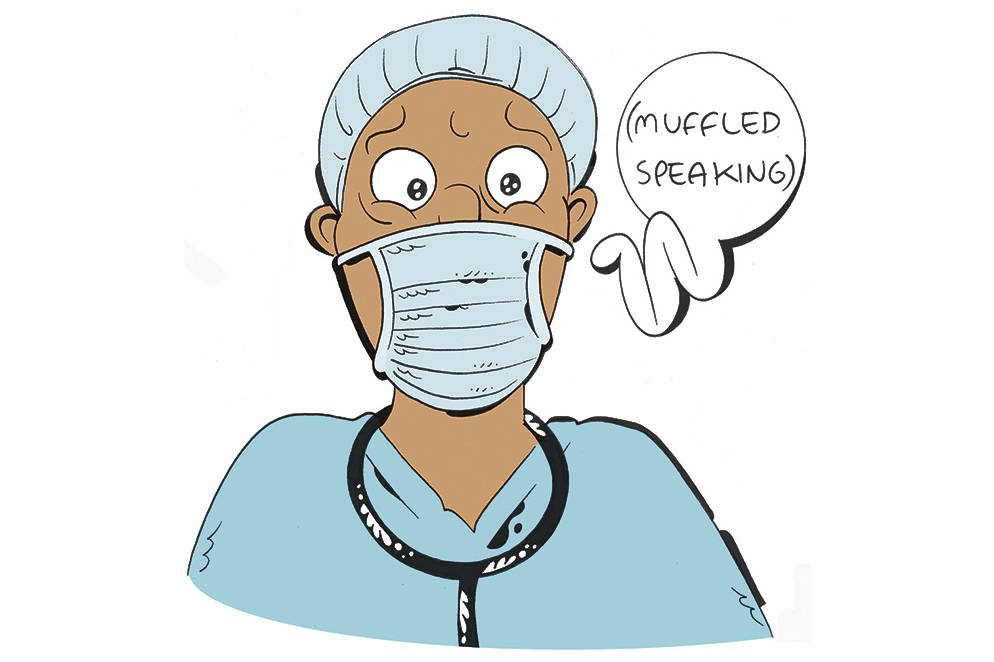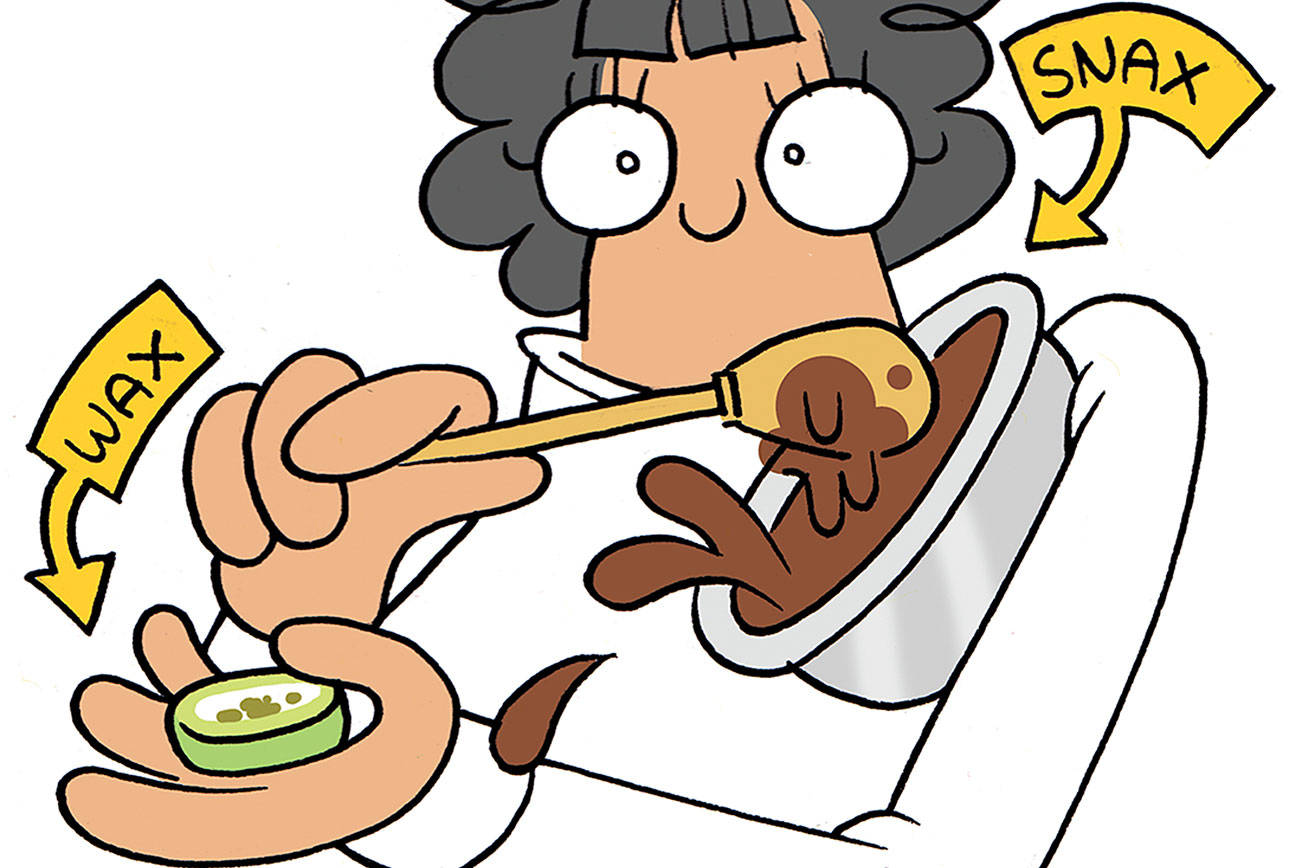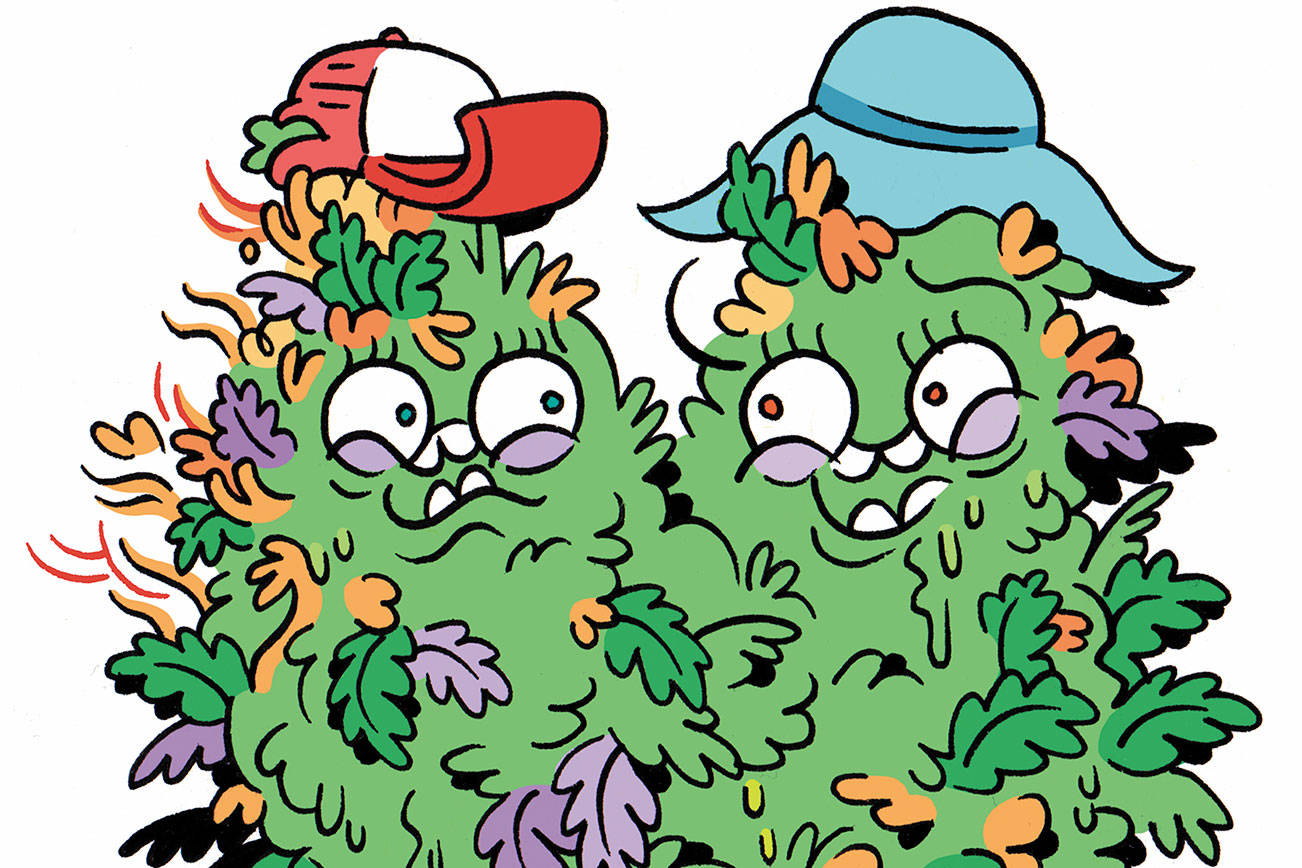A recent study in Cancer, the peer-reviewed journal of the American Cancer Society, found that one in four cancer patients want information on using cannabis medicinally. The study, published last week, outlines information brought to light by Dr. Steven Pergam, MD, MPH. Working with Fred Hutchinson Cancer Research Center and the Seattle Cancer Care Alliance, the study looked at a group of 926 patients currently fighting various forms of cancer.
Many expressed a strong desire to investigate cannabis as a form of treatment, and more than 75 percent said they wanted information specifically from their cancer-care providers. The median age of these patients? 58—which supports other surveys out this year about the rising average age of cannabis users. To be fair, 66 percent of these patients had used cannabis in their lifetime, so perhaps that familiarity made them more likely to turn to cannabis again. Of patients that had used cannabis more recently, 24 percent said they had used in the past year, 21 percent in the past month. The study also includes a random analysis of patient urine samples, which shows that 14 percent had evidence of recent cannabis use, similar to the 18 percent of users who reported use within the past week.
Not surprisingly, the leading reasons patients consumed cannabis were to address physical symptoms like pain and nausea—common for people dealing with the effects of chemotherapy—and psychological reasons such as coping with stress, depression, and insomnia. I can report first-hand that cannabis does indeed alleviate many of the nasty physical side effects of chemo: lack of hunger, nausea, pain, headaches, and others. But dealing with a longstanding illness like cancer, or other chronic conditions like arthritis, Parkinson’s, or multiple sclerosis, isn’t just about physical discomfort. Illnesses that drag on and on can take a toll on your mind and spirit. Everything is a trial. Everything is draining. Being able to take a tiny vacation from your sickness—even if just for a couple hours—can do wonders for the heart. Cannabis can provide that tiny vacation, pushing back the rising tide of depression and sadness and soothing the mind enough to relax and sleep.
This is not new information. A few other surveys this year alone indicate a shift in people’s preference for cannabis over other types of medication, especially in states that have legalized medicinal usage. What needs emphasizing here is that most of these patients are having to go through nonscientific avenues for information and guidance. Why? State law dictates that health-care providers are not allowed to talk about cannabis with their patients.
“Cancer patients desire but are not receiving information from their cancer doctors about marijuana use during their treatment, so many of them are seeking information from alternate non-scientific sources,” says Pergam. “We hope that this study helps to open up the door for more studies aimed at evaluating the risks and benefits of marijuana in this population. This is important, because if we do not educate our patients about marijuana, they will continue to get their information elsewhere.”
stashbox@seattleweekly.com







